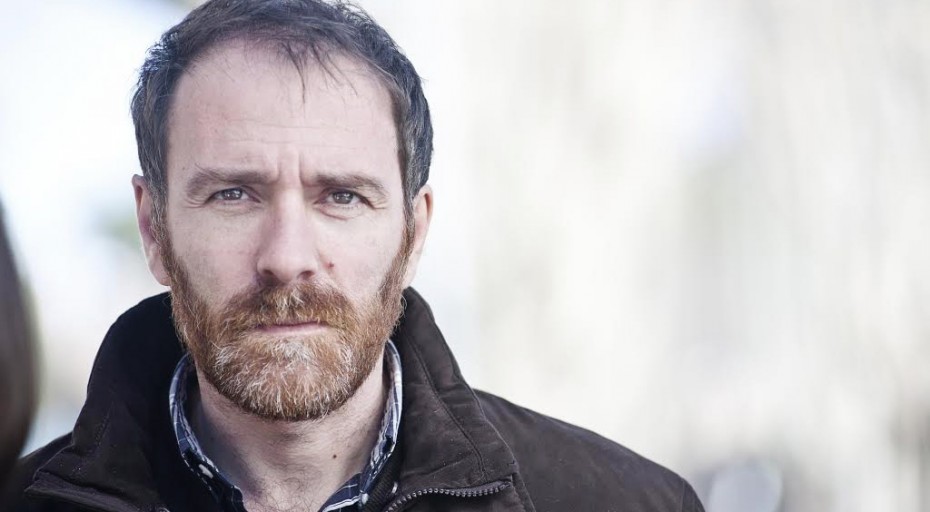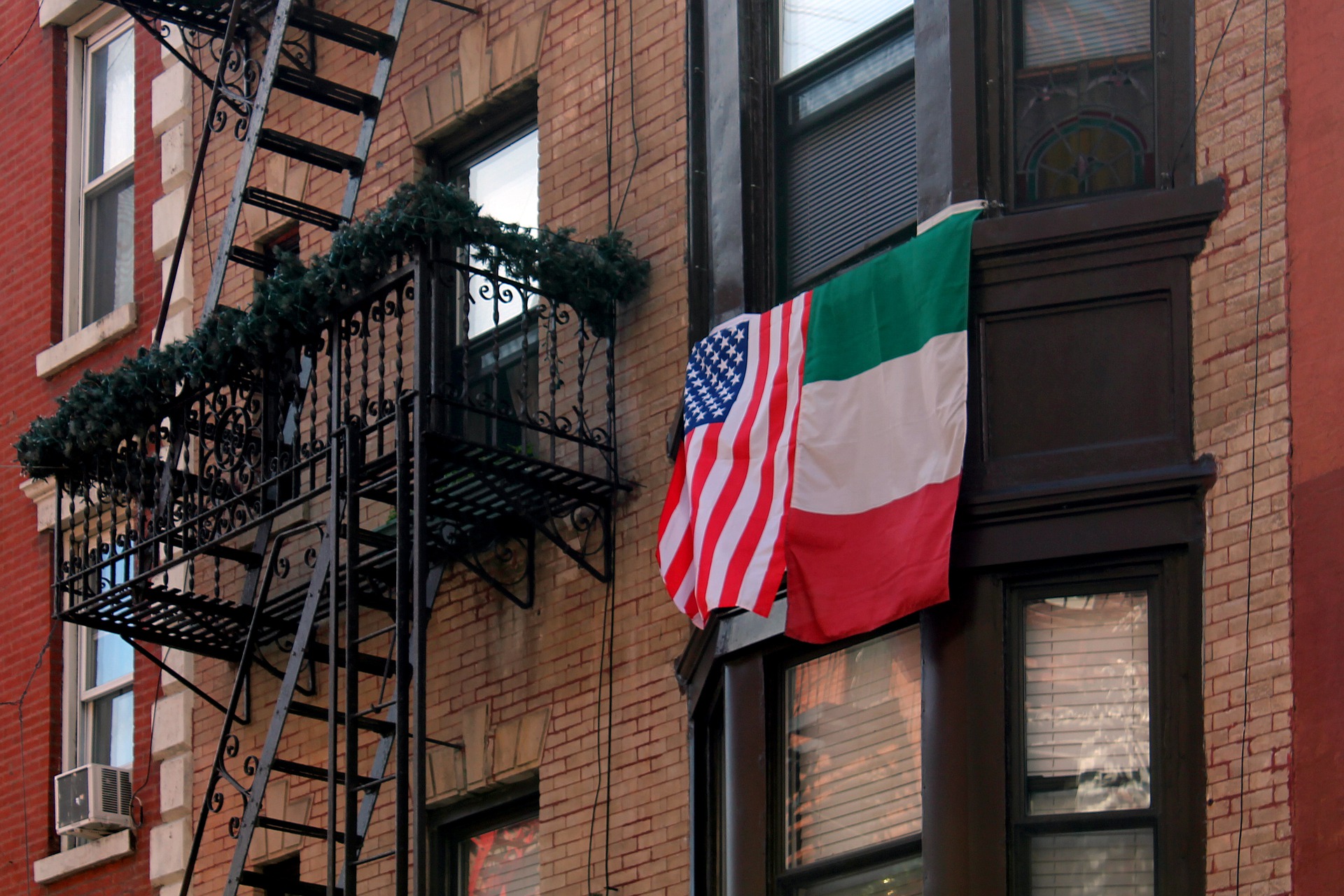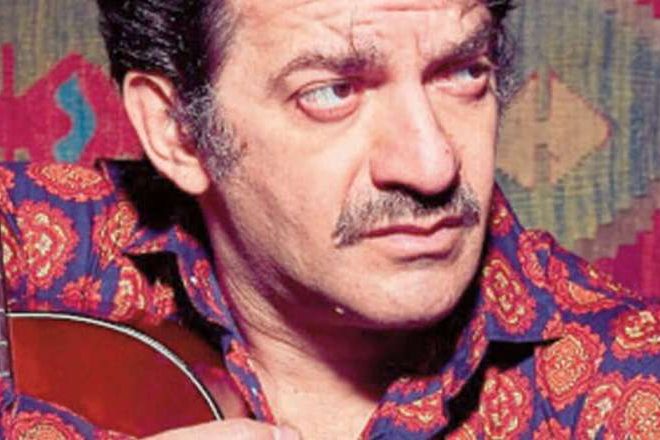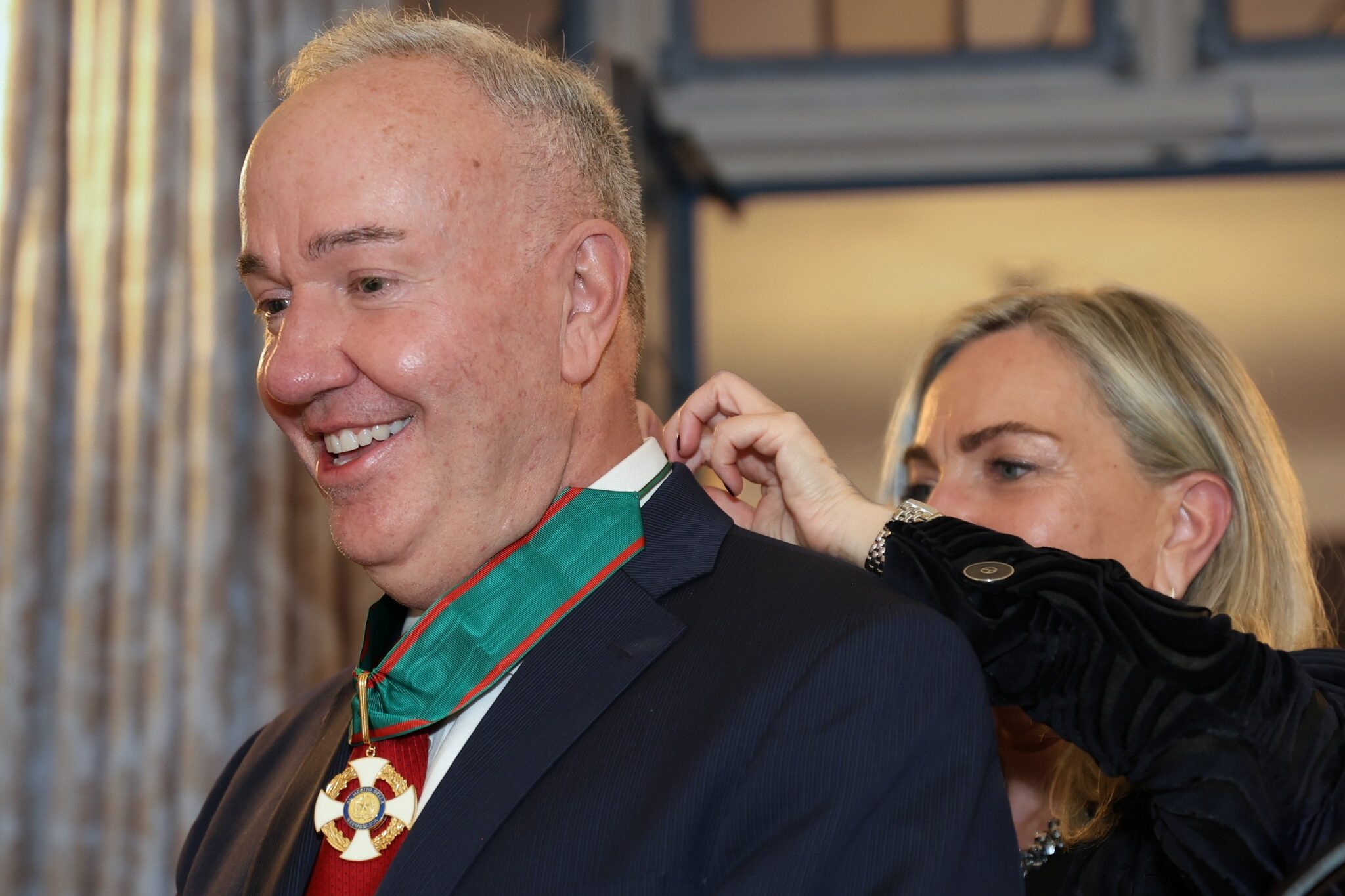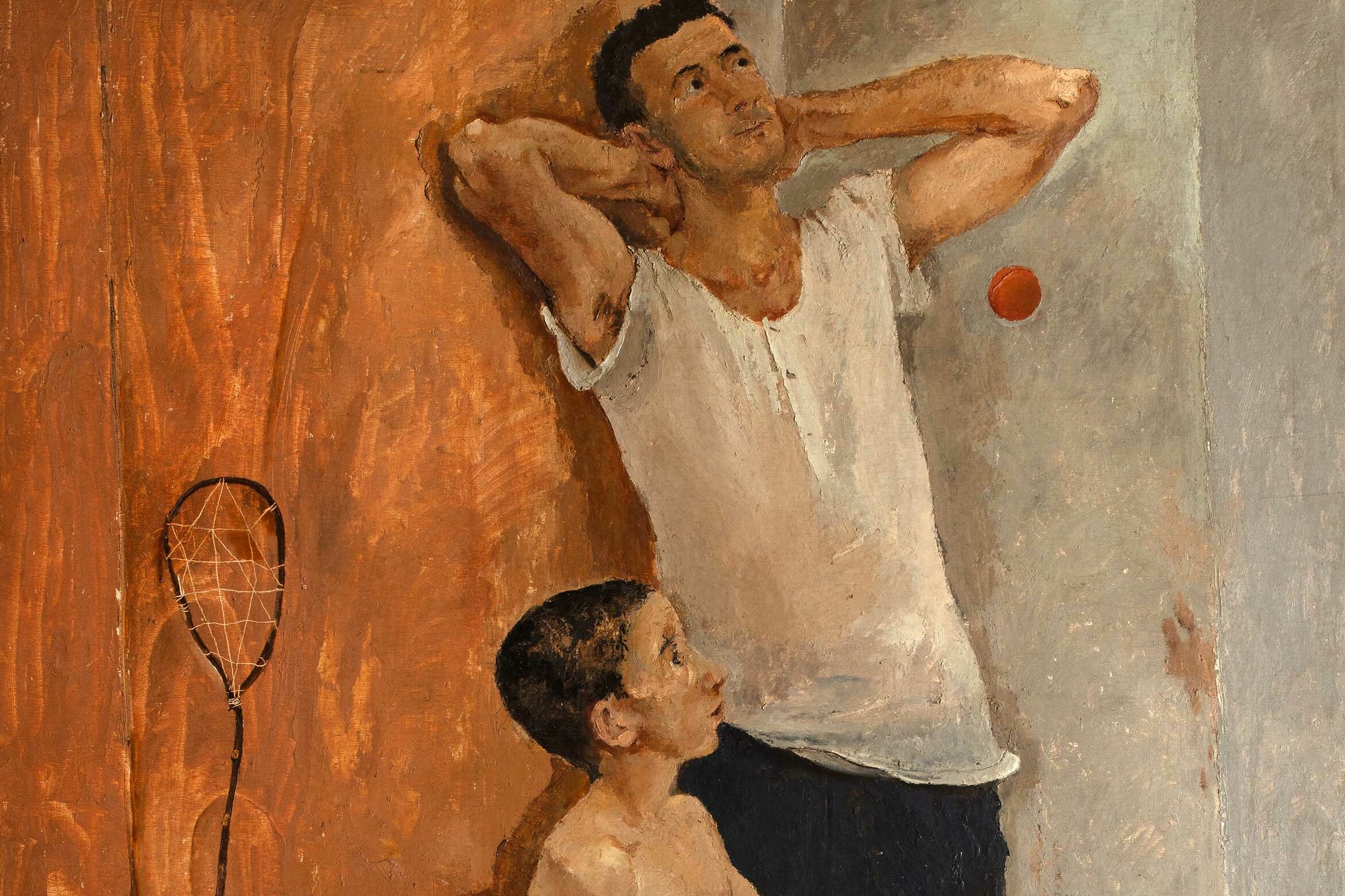Cinema Italian Style 2015 – annual showcase of the best Italian cinema – opened in big style, on November 11, with a press conference on our official Italian Oscar entry, Non Essere Cattivo (Don’t Be Bad, directed by late Claudio Caligari).
Part of the cast: emerging Roman actors, Alessandro Borghi and Luca Marinelli, together with one of long-time Caligari’s best friends, the multi-awarded Roman actor, Valerio Mastandrea, presided at the press conference and will be attending the movie’s US premiere, on November 12.
I’ve had the wonderful opportunity to hear from Mastandrea, in the unusual vest of film’s producer, and, more importantly, the real soul and driving force behind Caligari’s last artistic effort.
Please tell us about your beginnings as actor. What urged you to drop out of the Faculty of Philosophy to pursue an acting career?
I approached theater by writing a stage play and, as I was developing it, I used to act it out as well. In the end, I decided to go on stage myself. Back then, I was twenty-one years old and it took me more than ten years to convince myself that my real career was bound for acting. I used to act without believing that would turn out to be the job of my life. At last, I surrendered to my fate.
Your directing debut was with the short film, 3,87 (Trevirgolaottantasette, 2005). Did it coincide with your screenwriting debut, as well?
No, it didn’t. I had written at least 3 scripts before the short film, 3,87. They’ve never been produced, of course. That short was a valuable learning experience. For the first time, I directed actors and changed my point of view. Its theme and its narrative tone enabled me to put into practice everything I had learned, from the directors I worked with until then.
You were involved in the Hollywood-produced musical, Nine. In your opinion, what’s the main difference between the Italian movie industry and Hollywood?
The only difference is the concept of industry itself. On the set of Nine, the workload, the number of people involved and their professionalism made a difference in comparison to films, which in Italy are harder to put together.
But once “action” is called, our job is the same everywhere. This is wonderful—I also talked about this with Daniel Day Lewis while we were shooting. The sense of our job doesn’t change depending on what movie we are making. Acting is to empty yourselves and to become someone else. That is pure magic.
Let’s go back together over your first encounter with the late filmmaker/intellectual Claudio Caligari.
With Claudio I acted in, L’odore della notte (The Scent of the Night, 1998), which was his second film. A great movie about a group of robbers, coming from the suburbs of a big city, and who wanted to “assault the sky.”
What was it like your artistic and human relation/friendship with Claudio?
Claudio was a great friend and a great filmmaker, from whom I personally learned firmness and determination in defending my own ideas. He was a man who always thought cinematically. Everybody thinks that what we did for him to enable him to complete his last movie was a big present. However, nobody realized how Claudio was the one to give us a present, by demonstrating that with the passion for our job we can struggle against evil, until the very end.
Tell us about the hardship you and Claudio had to face to realize Non Essere Cattivo (Don’t Be Bad).
We worked for three years on this film, trying to find traditional channels for funding and production. It was very difficult. Non Essere Cattivo was not an easy movie to sell, but we believed so strongly in it, that, in the end, we made it.
The letter to Scorsese didn’t claim any reply; it was just spontaneous. I knew I was writing to a director who, above all, loves cinema and who, for Claudio, was like an old relative, even if they didn’t know each other personally.
The letter was meant as a provocation to the Italian system, immediately acknowledged. In fact, right after the publication, lots of producers finally helped us.
Initially, Claudio did not want to send the letter, out of modesty and respect towards Mr. Scorsese. However, in the end, the lack of any emotional blackmail and its total sincerity convinced him.
Congratulations for the Oscar Nomination. Don’t Be Bad, already received a positive review from the critics. Do you expect a good reception internationally?
I do hope so. It has been a long time since we have seen an Italian film with such a strong spirit, and who knows when we’ll see another one alike.
Last November 2 marked the fortieth anniversary of P. P. Pasolini’s tragic murder, in 1975. Caligari attempted to work as assistant director for Pasolini. To what extent did they share a similar ideology? Do you recall some conversations between you and Claudio about Pasolini?
The most similar aspect they shared, was the desire to know, from deep inside themselves, what they really wanted to tell. Before writing and staging a certain reality, they immersed themselves completely into it—not like many intellectuals of our time.
